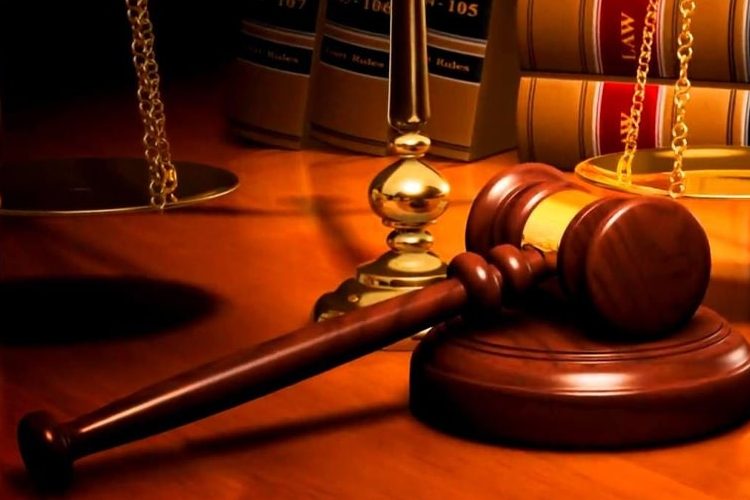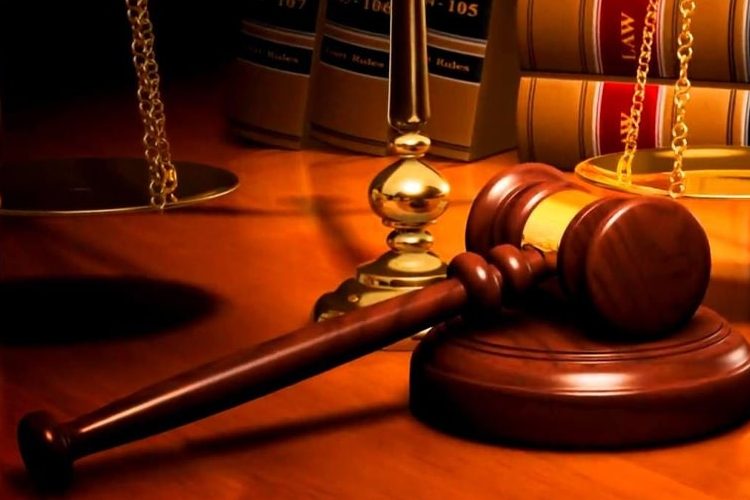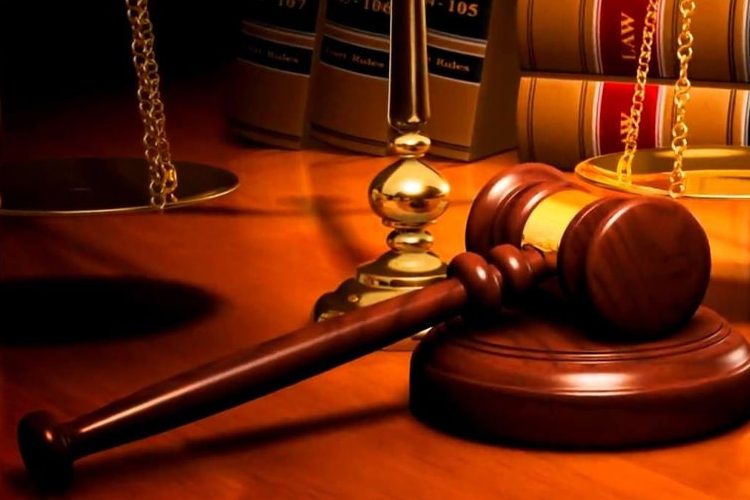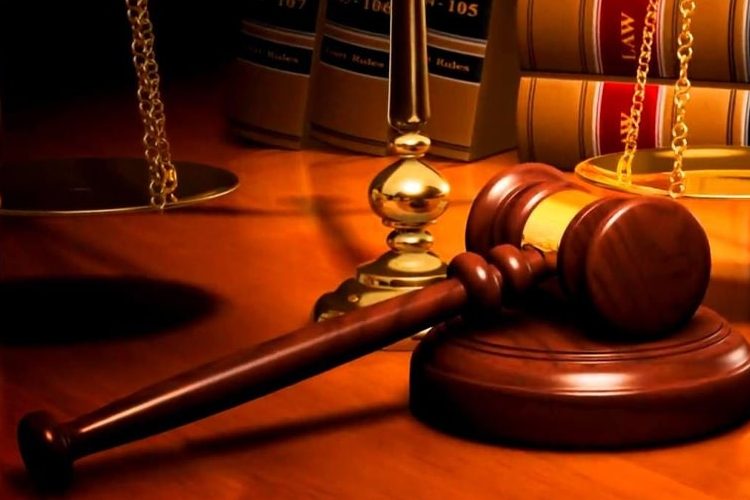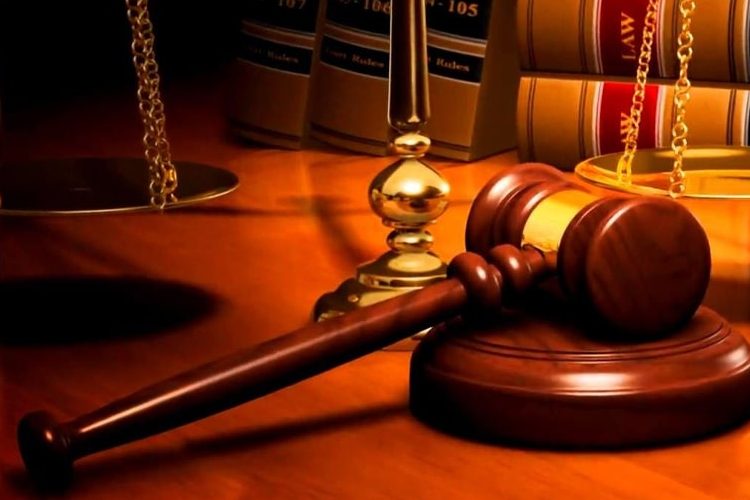
Vodafone International Holding v UOI
- 2022-02-16
Citation: AIR 2002 SCC 388
Court: Supreme Court of India
Facts of the case: The facts of the case deal with matrimonial discord between husband and wife who have been separated for a period of years. The case reached the Supreme Court because the women withdrew her consent which was given through divorce with mutual consent. The question of validity of decree of divorce was contested by the parties. In this matter, substantial question of law arose and it was that if an aggrieved person is entitled to any relief against a final judgment or order of the Supreme Court, after dismissal of Review Petition, either under Article 32 or otherwise
Judgment: A 5 judge bench of Justice S.P. Bharucha, and his companion justices, Justice S.M. Qadri, Justice U.C. Banerjee, Justice S.N. Variava and Justice S.V. Patil delivered a landmark judgement that opened a new dimension in the justice delivery system of this country. While delivering the judgment, it was stated by the court that certainty of law cannot be at the cost of justice.
It was observed by the court that “to prevent abuse of its process and to cure a gross miscarriage of justice, may re-consider its judgments in exercise of its inherent power.” The court ruled that even after a review petition filed under Article 137 is rejected, the court may still review the case under its inherent power on very restricted grounds. Violation of principal of natural justice, question of judicial bias , abuse of the process of court are some relevant grounds by which curative petition may be moved. An exhaustive list of grounds could not be enumerated due to the impossibility of foreseeing all possible circumstances. However, the court imposed several conditions that are to be followed while moving a curative petition.
Firstly, the grounds stated in the curative petition must have been mentioned in the review petition. Secondly, the petition must be certified by a senior advocate declaring that all requirements have been fulfilled. Thirdly, exemplary costs may be imposed on the petitioner by the court, if it is found that the case is vexatious and without merit. Lastly, the petition has to be circulated to a bench of three senior most judges and the judges who passed the judgment in question. If a majority of the judges conclude that the matter needs to be heard, it should be listed before the same bench as far as possible. The concept of the curative petition is supported by Article 137 of the Indian Constitution.
This judgment is a benchmark in the field of judicial scrutiny. This case reaffirmed that the judiciary in this country and specially, the Honourable Supreme Court will leave no stone unturned to impart justice to people. However, this is a matter of absolute discretion of the court. But, through this verdict the court in a way accepts that judges are by no means infallible and it is necessary to introduce a concept wherein such errors can be rectified.


